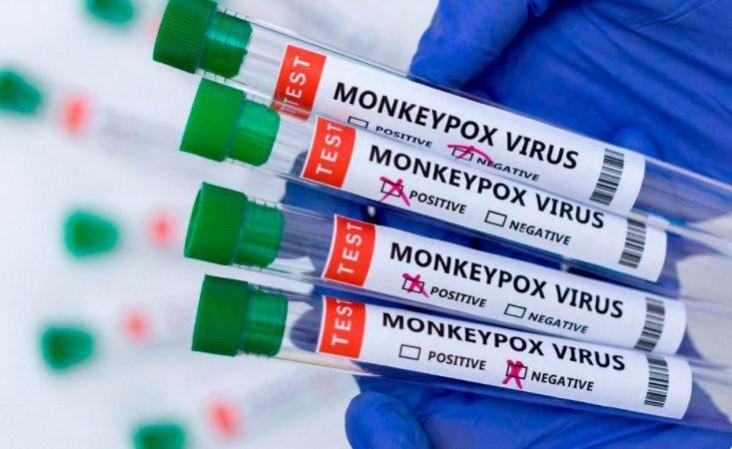
The escalating global Mpox outbreak has been met with a concerning revelation. Two distinct studies have indicated that the efficacy of Bavarian Nordic's vaccine, known as Modified Vaccinia Ankara-Bavarian Nordic (MVA-BN), appears to diminish to undetectable levels within a span of 6 to 12 months. This alarming discovery underscores the urgency for continuous surveillance and further research to comprehend the implications of this declining immunity.
MVA-BN, a live attenuated vaccinia virus vaccine, was developed in 2019. It is the first vaccine against Mpox to be prequalified by the World Health Organization (WHO). The vaccine is administered as a two-dose injection given four weeks apart and is indicated for active immunisation against smallpox, Mpox, and related orthopoxvirus infections and diseases in adults aged 18 years and older.
The first of these studies, led by researchers from the Erasmus University Medical Center in the Netherlands, was published in the open-access medical journal Eurosurveillance. The study focused on orthopoxvirus-specific binding and MVA-neutralising antibodies, which were found to wane to undetectable levels one year post-vaccination in at-risk individuals who received two doses of MVA-BN.
The research team examined 99 high-risk active gay, bisexual, or other men who have sex with men (GBMSM) and 19 laboratory workers in the Netherlands in 2022 and 2023. The participants included individuals born both before and after 1974, the year when smallpox vaccination ceased to be administered in the Netherlands.

The study revealed that while antibodies induced by historic smallpox vaccination using first- or second-generation vaccines can be detected for decades, there is a rapid waning of antibodies in vaccine recipients without pre-existing immunity. This finding is significant as it suggests that the immunity provided by the MVA-BN vaccine may not be as long-lasting as initially thought.
The second study, which is yet to be peer-reviewed, was published on a preprint server. This research, led by scientists from the Beth Israel Deaconess Medical Center at Harvard Medical School, US, echoed the findings of the first study. It showed that the MVA-BN vaccine generated Mpox serum antibody responses that largely waned after 6-12 months.
In this study, serum samples were collected from 45 participants who had either confirmed Mpox infection or received either one or two doses of MVA-BN. Dan Barouch, the director of the Center for Virology and Vaccine Research at the Centre, reported that vaccine-generated Mpox antibodies largely waned after 6 to 12 months. After a year, antibody levels in participants with two doses of the Mpox vaccine were comparable or lower than peak antibody responses in people who received just one shot.
A recent study in the British Medical Journal showed that the vaccine efficacy estimates for two doses of the vaccine range from 36 per cent to 86 per cent. Having just one dose is only about 58 per cent effective in preventing Mpox, the study showed.
These findings are reminiscent of the early days of the HIV epidemic, where initial vaccines showed promise but ultimately failed to provide long-term protection. The rapid waning of antibodies in the absence of pre-existing immunity is a challenge that has been faced in the past, and these studies underscore the need for continuous surveillance and further research to understand the implications of this declining immunity.

















